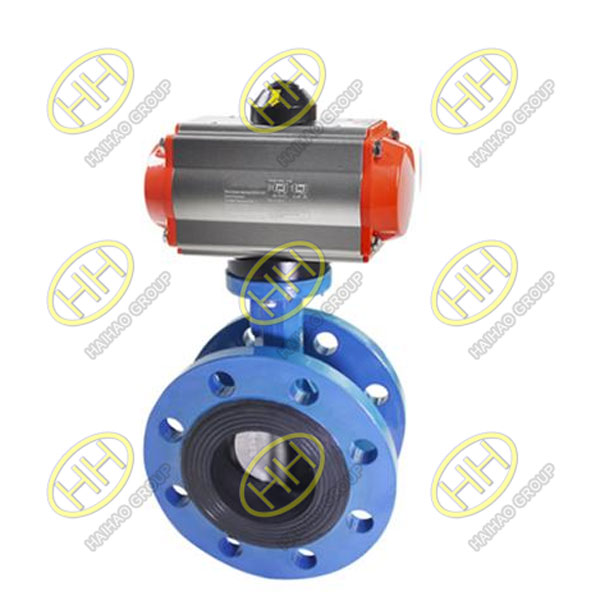Why pneumatic valves are preferred over electric valves for critical applications
In industrial automation and process control systems, the choice between pneumatic and electric valves is a crucial decision that can significantly impact system performance, safety, and reliability. While both types of valves have their advantages, pneumatic valves are often the preferred solution for critical applications in factories and complex operating environments. This article explores the key reasons behind this preference.
1.Safety Considerations
One of the most important advantages of pneumatic valves is their intrinsically safe operation. In environments with extensive electrical equipment and electromagnetic interference (EMI), electric valves are vulnerable to malfunctions caused by short circuits, overloads, electrical leakage, or interference. For instance, in areas with strong electromagnetic radiation, electric valves may misinterpret signals, leading to unintended valve actuation. This can pose serious risks to the safety and stability of the entire system.
Pneumatic valves, on the other hand, are driven by compressed air rather than electricity. They are virtually immune to EMI and electrical faults, making them more stable and reliable in electrically complex environments. Furthermore, in hazardous areas such as gas pipelines, where flammable or explosive gases may be present, pneumatic valves are much safer since they do not generate sparks during operation, minimizing the risk of explosion.
2.Superior Reliability
Pneumatic valves feature a simpler mechanical structure, typically consisting of a cylinder, piston, and valve body. This simplicity translates to fewer failure points and lower maintenance requirements. In contrast, electric valves include motors, gearboxes, and intricate control circuits, all of which are prone to wear, overheating, moisture damage, or component failure over time.
As long as the compressed air supply is stable and the mechanical components are intact, pneumatic valves can operate reliably. Maintenance is straightforward—technicians can often resolve issues by adjusting air pressure or replacing sealing components. Electric valves, however, usually require skilled personnel with specialized electrical knowledge and tools to perform diagnostics and repairs.
3.Faster Response Time
Pneumatic valves offer quick actuation, which is critical in emergency scenarios such as pipeline leaks or overpressure conditions. These valves can be adjusted to open or close in a matter of seconds, depending on air pressure and actuator design.
Electric valves, by contrast, are limited by the motor’s rotation speed and the transmission ratio of the gearbox, making them generally slower. In applications like emergency steam shut-off, a pneumatic valve’s rapid response can significantly reduce damage and prevent escalation of safety incidents.
4.Cost Efficiency
Pneumatic valves tend to be more cost-effective both in terms of initial investment and long-term operating costs. Their simple construction results in lower manufacturing and purchasing costs compared to electric valves, which require motors, sensors, and control systems.
While pneumatic systems require a source of compressed air, this can be shared among multiple devices in a facility, making the per-unit operating cost relatively low. Moreover, in terms of energy efficiency, pneumatic systems can outperform electric actuators in some applications, particularly those requiring fast, frequent, or short-distance actuation.
5.Environmental Adaptability
Industrial environments are often harsh, with extreme temperatures, humidity, dust, or corrosive substances. Pneumatic valves are more robust in these conditions due to their metallic and mechanical components, which are more tolerant of temperature fluctuations and moisture.
In contrast, electric valves contain sensitive electronic parts that can degrade in high-temperature or humid environments. For example, control boards and sensors may fail due to overheating, condensation, or dust accumulation, leading to valve malfunction or communication errors.
When it comes to critical applications that demand high safety, quick response, consistent reliability, and cost-efficiency in harsh industrial environments, pneumatic valves have clear advantages over their electric counterparts. These benefits make them the go-to choice for vital operations in chemical plants, refineries, gas pipelines, and other high-stakes industrial settings.
At Haihao Group, we offer a wide range of high-quality pneumatic valve solutions tailored to meet your industry’s specific demands. Contact us to learn more about how our valves can enhance the safety and efficiency of your systems. Email:sales@haihaogroup.com

